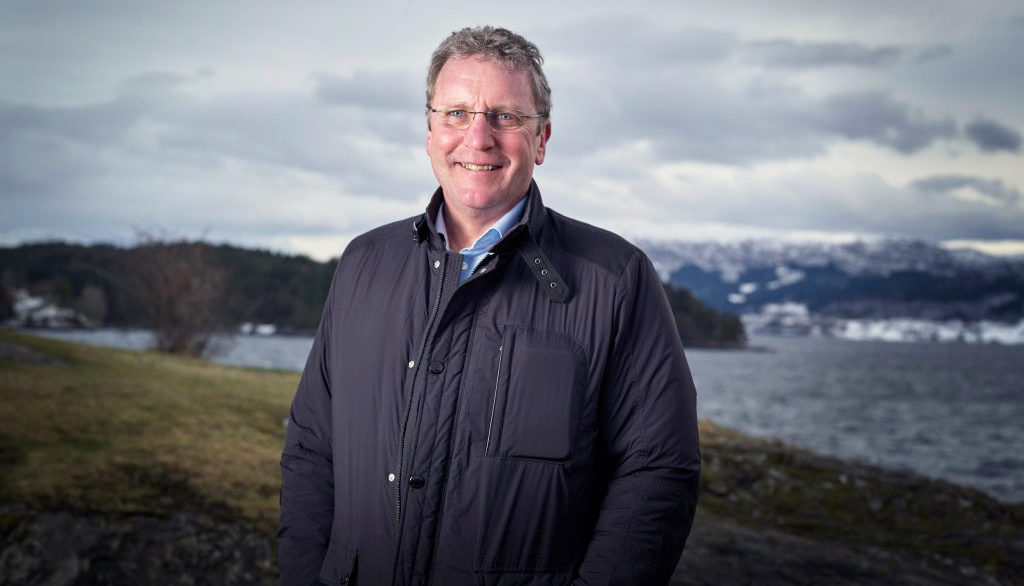Grieg facing major health issues in northern Norway

Serious ongoing biological issues have led to a sharp drop in Grieg Seafood’s 2023 second quarter EBIT or operating profit, the company has disclosed.
The group’s Q2 EBIT fell from NOK 986 million (£73m) last year to NOK 547m (£40m) this time. Grieg sold its Scottish business over two years and now farms in Norway and Newfoundland and British Columbia in Canada.
Income during the quarter held up well during the period, totalling NOK 2,372m (£175m) against NOK 2,351m (£174m) 12 months earlier.
But profits were dragged down by biological issues especially in the Norwegian region of Finnmark, where the harvest fell by 4,270 tonnes to 5,573 tonnes. The situation in Rogaland was much better where the harvest more than doubled to 11,536 tonnes.
Some of these problems such as ISA have continued into the second quarter which will impact on the annual harvest total.
Grieg CEO Andreas Kvame, CEO of Grieg Seafood ASA said the second quarter was a good one for the salmon industry in general thanks to strong demand and high prices which led to increased revenues.
But the company also experienced “challenging” biological conditions with Finnmark the problem region.
He said: ”However, a broad range of mitigating actions to thoroughly address the issues, particularly ISA [infectious salmon anaemia] and Spiro [the parasite Spironucleus salmonicida] in our Norwegian operations, were completed in Q2 and we have started to see positive results.
“Improved biological control, combined with the transfer of increasingly larger smolt and reduced production time in the ocean, provide the basis for improved fish welfare and performance as well as stronger growth in the coming quarters.”
He added: “While we are still working to understand the implications of the resource (ground rent) tax in Norway, we see opportunities in Canada.
“Our Newfoundland greenfield project is developing according to plan, with the first harvest expected in Q4 2023.
“In British Columbia, we support the Government’s efforts to transition the industry into better practices, and we continue a constructive dialogue, focusing on sustainable solutions.”

Andreas Kvame, CEO Grieg Seafood

